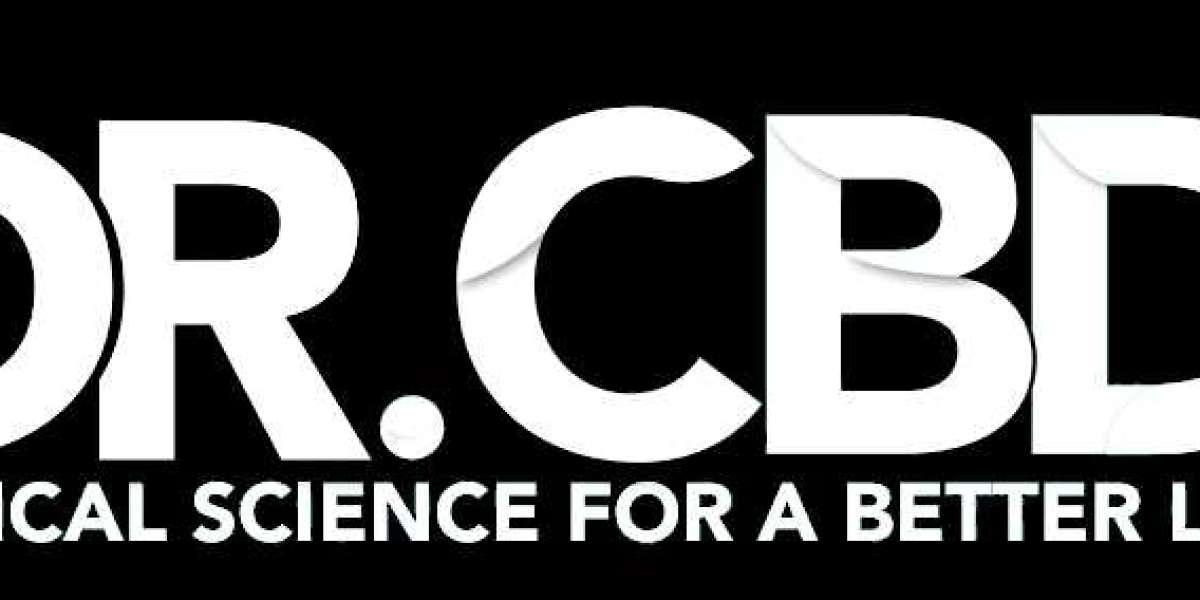I. Introduction
A. Overview of ISO 13485
ISO 13485 is the internationally recognized standard for quality management systems (QMS) specific to medical devices. It outlines requirements for organizations involved in the design, production, installation, and servicing of medical devices. The standard ensures compliance with regulatory requirements, emphasizing risk management and patient safety.
B. Importance of ISO 13485 in Colombia
In Colombia, ISO 13485 certification plays a vital role in the medical device industry. The country has a growing healthcare sector and an increasing demand for high-quality medical devices. Certification helps businesses meet regulatory requirements and improve market access, both locally and internationally.
C. Purpose of This Guide
This guide provides comprehensive information on ISO 13485 certification in Colombia, including its benefits, regulatory framework, implementation process, and challenges.
II. Understanding ISO 13485
A. Key Principles of ISO 13485
The ISO 13485 standard is based on several key principles, including:
Regulatory Compliance: Adhering to applicable laws and regulations.
Risk Management: Identifying and mitigating risks in medical device manufacturing.
Product Safety: Ensuring high-quality medical devices.
Continuous Improvement: Implementing a quality management system that fosters continuous enhancement.
B. Differences Between ISO 13485 and ISO 9001
While ISO 9001 is a general quality management standard, ISO 13485 is specifically tailored for the medical device industry. Key differences include:
Regulatory Emphasis: ISO 13485 includes specific regulatory requirements.
Risk-Based Approach: Stronger focus on risk management.
Documentation Requirements: More stringent documentation and traceability.
C. Role of ISO 13485 in Medical Device Manufacturing
ISO 13485 ensures that medical device manufacturers in Colombia follow best practices for safety, effectiveness, and regulatory compliance. It enhances trust among stakeholders, including healthcare providers and patients.
III. Regulatory Framework in Colombia
A. INVIMA and Its Role
The National Institute for Food and Drug Surveillance (INVIMA) regulates medical devices in Colombia. INVIMA ensures that products comply with safety and quality standards before entering the market.
B. Legal Requirements for Medical Device Companies
Companies involved in medical device manufacturing and distribution must adhere to Colombian regulations, including:
Decree 4725 of 2005: Establishes classification and requirements for medical devices.
Resolution 4002 of 2007: Defines labeling and documentation requirements.
ISO 13485 Compliance: Often a prerequisite for regulatory approval.
C. Importance of Compliance with International Standards
Aligning with international standards like ISO 13485 helps Colombian companies expand their market reach and enhance their credibility. It facilitates product approvals in global markets.
IV. Benefits of ISO 13485 Certification
A. Improved Product Quality and Safety
ISO 13485 ensures that medical devices meet stringent quality and safety standards, reducing risks and enhancing patient outcomes.
B. Market Expansion and Global Recognition
Certification helps Colombian manufacturers access international markets by complying with recognized standards.
C. Competitive Advantage in the Healthcare Industry
ISO 13485 certification differentiates companies from competitors, demonstrating commitment to quality and regulatory compliance.
V. ISO 13485 Certification Process
A. Steps to Obtain Certification
Gap Analysis: Assess current practices against ISO 13485 requirements.
Develop Quality Management System (QMS): Implement policies and procedures to meet standards.
Employee Training: Educate staff on QMS requirements.
Internal Audit: Conduct audits to ensure readiness.
Select a Certification Body: Choose an accredited body for certification.
Final Audit and Certification: Complete the audit and receive certification.
B. Selecting a Certification Body
Choose a recognized certification body accredited by international organizations such as IAF (International Accreditation Forum).
C. Timeline and Costs
Certification typically takes 6-12 months, depending on company size and complexity. Costs vary based on factors like certification body fees, training, and implementation expenses.
VI. Challenges in Implementing ISO 13485
A. Common Obstacles Faced by Companies
Regulatory Complexity: Adapting to evolving regulations.
Resource Allocation: Investment in training and infrastructure.
Documentation Burden: Extensive record-keeping requirements.
B. Strategies to Overcome Challenges
Engage Experts: Hire consultants to guide implementation.
Employee Involvement: Foster a quality-focused culture.
Use Technology: Implement software solutions for QMS.
C. Importance of Continuous Improvement
Companies should focus on ongoing training, audits, and feedback loops to maintain certification and improve processes.
VII. Success Stories of ISO 13485 Certification in Colombia
A. Case Studies of Certified Companies
Several Colombian medical device manufacturers have successfully obtained ISO 13485 certification, leading to improved efficiency and market expansion.
B. Impact on Business Growth
Certified companies experience increased sales, partnerships, and regulatory approvals.
C. Lessons Learned from Successful Implementations
Companies emphasize strong leadership, employee engagement, and continuous monitoring as key success factors.
VIII. Future of ISO 13485 in Colombia
A. Emerging Trends in Medical Device Quality Standards
The industry is moving toward greater integration of digital technologies and AI in quality management.
B. Role of Technology in Quality Management
Automated systems help streamline compliance, audits, and document control.
C. Predictions for Certification Growth in the Country
As the healthcare industry expands, more Colombian companies will pursue ISO 13485 certification to enhance global competitiveness.
IX. Conclusion
A. Recap of Key Points
ISO 13485 certification is essential for medical device manufacturers in Colombia, ensuring regulatory compliance, product quality, and market competitiveness.
B. Final Recommendations for Companies Seeking Certification
Organizations should prioritize thorough preparation, expert guidance, and continuous improvement to successfully achieve and maintain certification.
C. Encouragement to Pursue ISO 13485 for Business Success
With the increasing demand for high-quality medical devices, ISO 13485 certification provides Colombian businesses with a strategic advantage in the global market.


